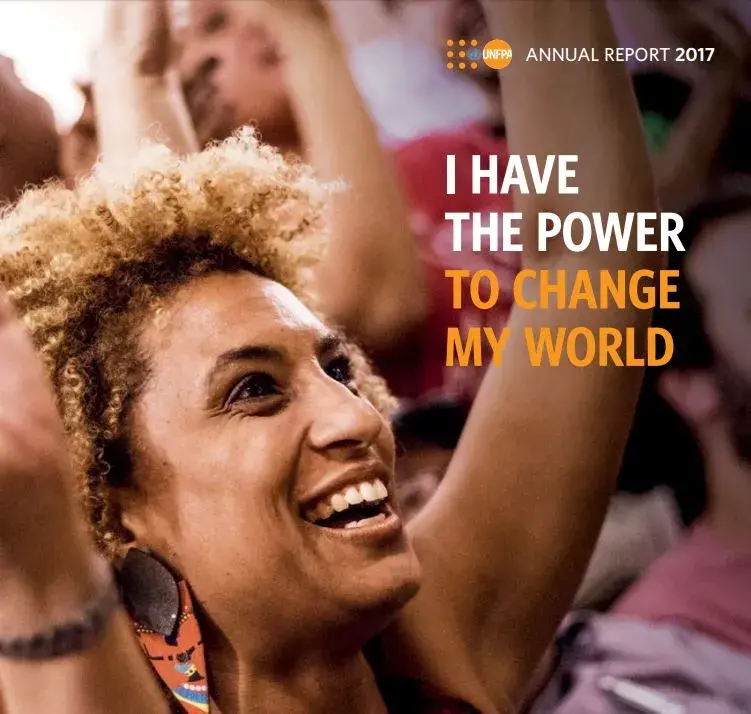Minister of International Cooperation, Ms. Ishraqa Mahmoud; Minster of Social Welfare and Social Security, Ms. Amira Elfadil and UNFPA Representative Ms. Pamela Delargy addressed the meeting.
Representatives from government, civil society, academic institutions, UN agencies, donor community and the media deliberated on various aspects of developing the country program. Aligning UN programing with national priorities, findings of the population situation analysis and review of the current country program were among the issues discussed.
“The meeting is timely to support preparations for the upcoming UNDAF,” said Ms. Mahmoud. She added that Sudan looks forward to an agreed-upon, stronger and integrated UNDAF that is aligned with Government priorities and budget shortages resulted from decline in oil revenue following the separation of the South.
She further added that improved population policies are needed in all states to better address Reproductive Health, women and youth issues as well as to achieve demographic balance.
“The meeting comes at an exceptional time as Sudan experiences political, social and demographic changes as well as eruption of fresh conflict in South Kordofan and Blue Nile states,” said Ms. Elfadil. She added that this planning process benefits from information now available from the population census, studies and surveys.
Ms. Elfadil further stressed that while coordination among UN agencies as well as coordination at national level is crucial for successful planning, effective national mechanisms for measuring impact, monitoring and evaluation are equally significant.
Ms. Delargy noted that the previous country program achieved great success in the area of policy development around maternal health, women empowerment, youth and gender-based violence.
“Next country program needs to focus on measurable results, stronger partnerships, contribution to peace and on reaching vulnerable groups,” added Ms. Delargy.
Following presentations; discussions focused on reproductive health issues such as maternal death registry, family planning, midwifery in addition to HIV/AIDS prevention. Gender strategies, coordination, partnerships, data and health information were among the issues thoroughly discussed.



